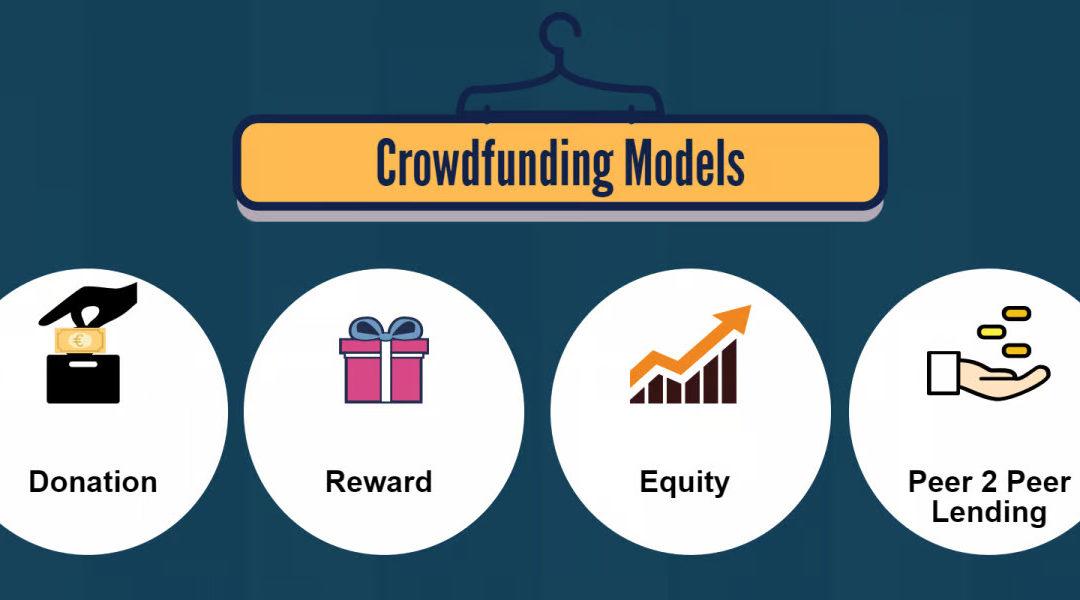Crowdfunding is a popular phenomenon both nationally and internationally. Famous websites like GoFundMe and Kickstarter help raise more than $17 billion annually in North America.
All of this crowdfunding activity prompts the obvious question:
Are the funds taxable as income to the recipients?
You might be shocked that neither the courts nor the IRS has offered much advice. The taxpaying public is mainly on their own to solve the problem by using standard tax laws.
Generally speaking, unless you find an exception to the rule in the tax code, every income you receive is taxable. Some crowdfunding types are subject to some exceptions.
The four main categories of crowdfunding are as follows:
- Donation-based
- Rewards-based
- Debt-based
- Equity-based
Donations:
Crowdfunding is a great way to give back and make an impact! Companies can raise funds quickly with the help of generous donors, who don’t get anything in return except knowing that they’ve done well. Donations might go towards any number of causes – like educational costs, child sports fees, or medical bills – but it pays off big time if you donate directly through crowdfunding websites to Section 501(c)(3) tax-qualified charities: your charitable contributions will be deductible from your taxes!
Rewards:
Reward-based crowdfunding is an innovative way for businesses to raise capital and bring their products or services to market. Popular platforms like Kickstarter and Indiegogo provide the perfect platform for companies to compete with larger competitors, generate buzz around their offerings, differentiate themselves from others in the marketplace, and engage directly with targeted customers – all while deducting costs associated with running campaigns. Contributors receive something of value in exchange for donations which makes it much more than a typical donation; it’s a mutually beneficial relationship!
Debt
Peer-to-peer lending, often known as debt-based crowdfunding, allows businesses to raise capital through specialized websites that offer loans backed by the general public. Loans that must be repaid are not considered to be income.
Equity
Equity-based crowdfunding is an amazing business opportunity to fundraise with minimal taxes and paperwork. Companies taking this route must follow federal and state securities laws so that everyone remains protected from fraud or other abuses!
Are you interested in learning more? Let’s Talk! ->Schedule Your Free Tax Crowdfunding Assessment Here<-

